Welcome to Burns
Natural nutrition for healthy pets.
Your basket is empty :(
Continue shopping
Your basket
Estimated total:
£0.00

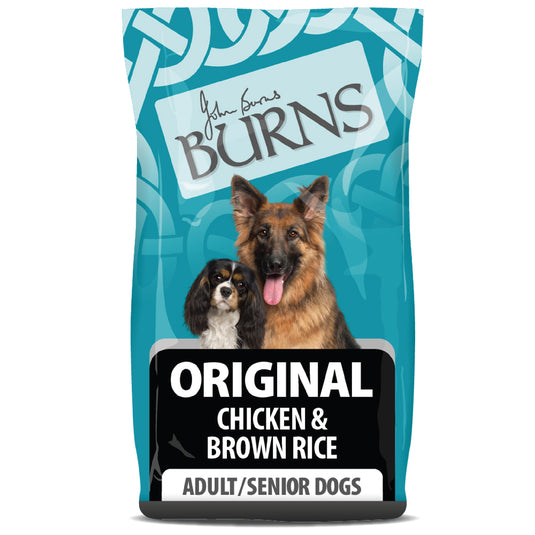
Feed your dog the healthy way. Browse the full range of our...
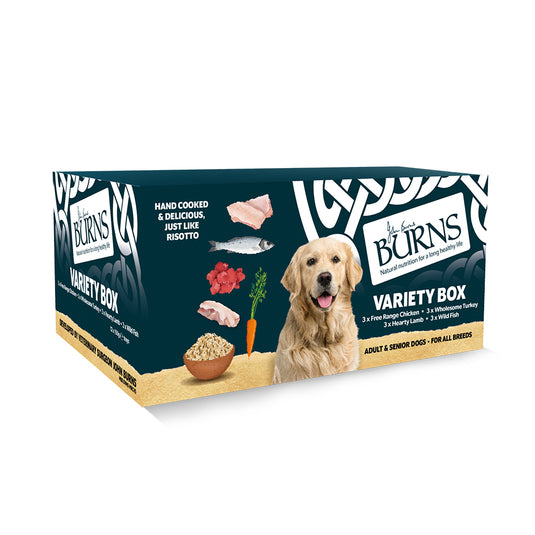
Our most sustainable food to date, Burns new wet food range is...
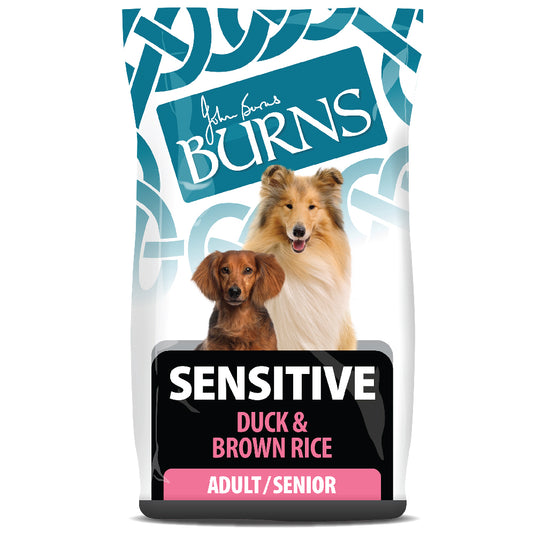
We understand that dogs often have unique dietary requirements in the same...
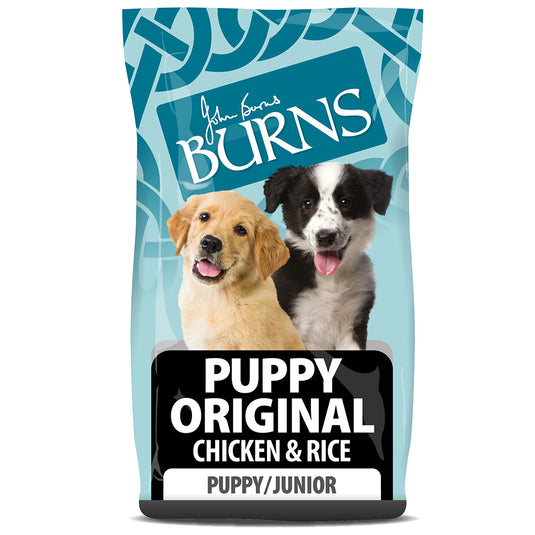
Help them put their best paw forward with our range of natural puppy...
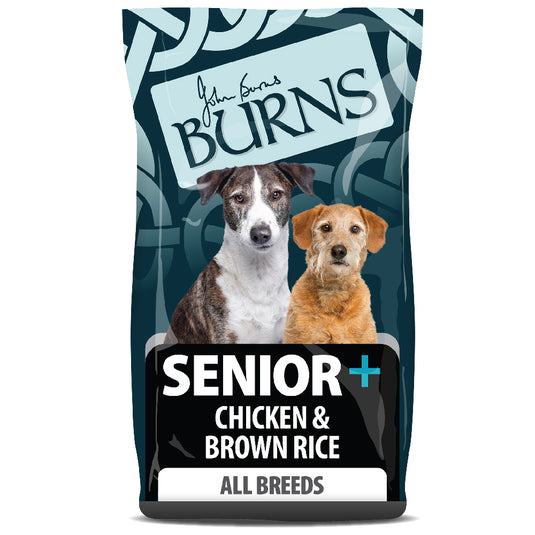
Help your prized pooch to grow old gracefully with our healthy Senior...
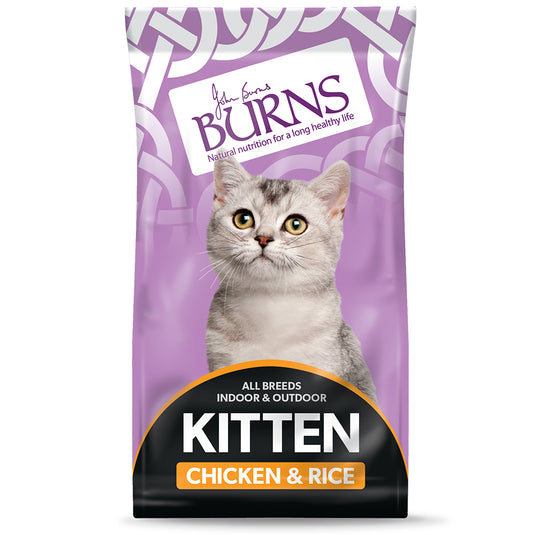
Give your new arrival the very best start with our natural and...
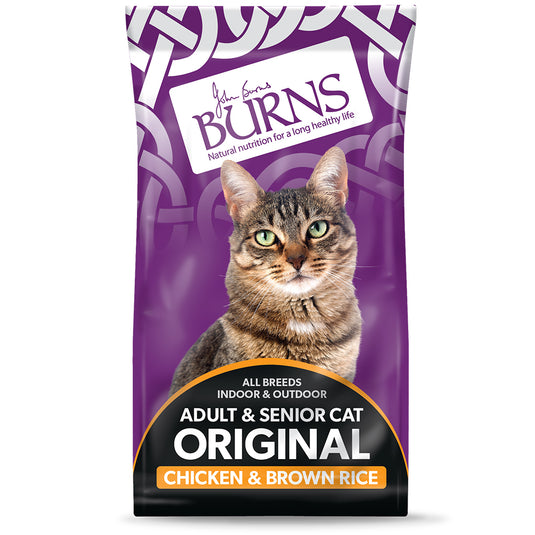
Satisfying a fussy feline’s tummy has never been so simple. Using the...
That's a lot of happy pets!
Handy tips for your four-legged friends.

All the essentials you need to consider before your pup arrives!

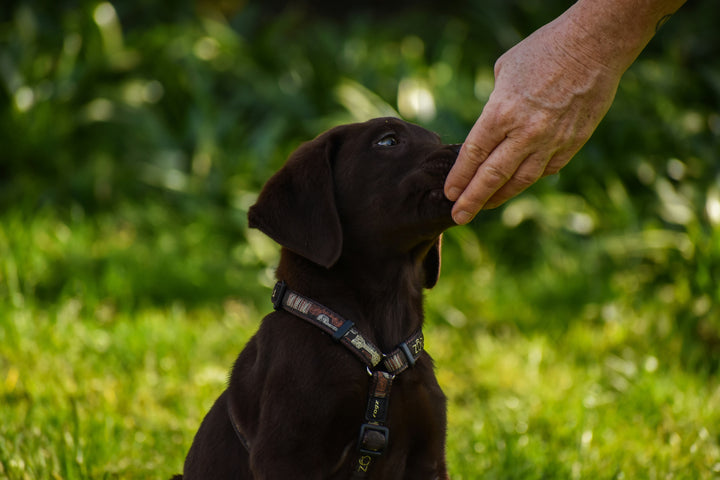

Discover our award-winning range of Original and Sensitive dry dog food.
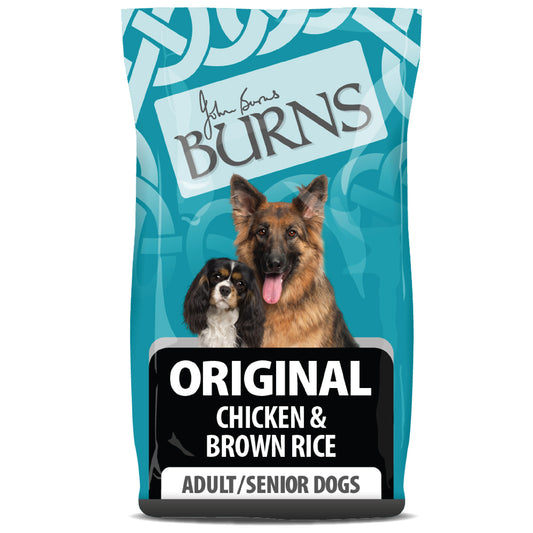
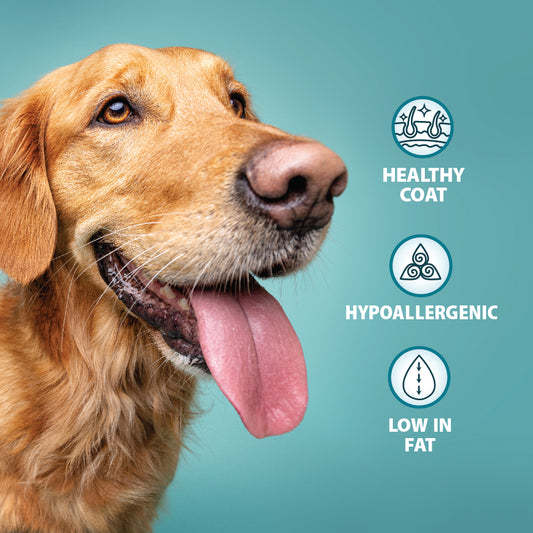
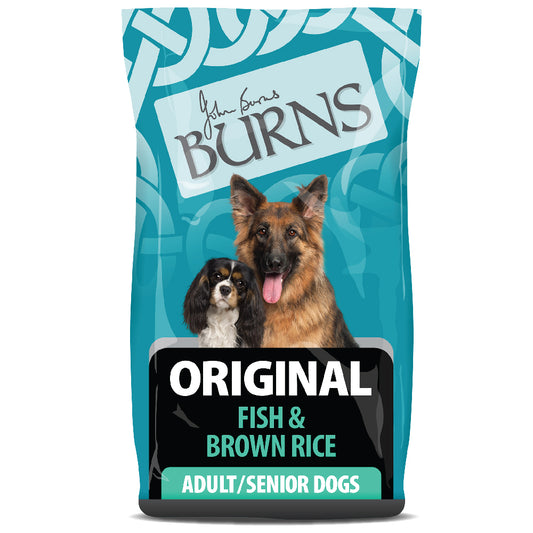
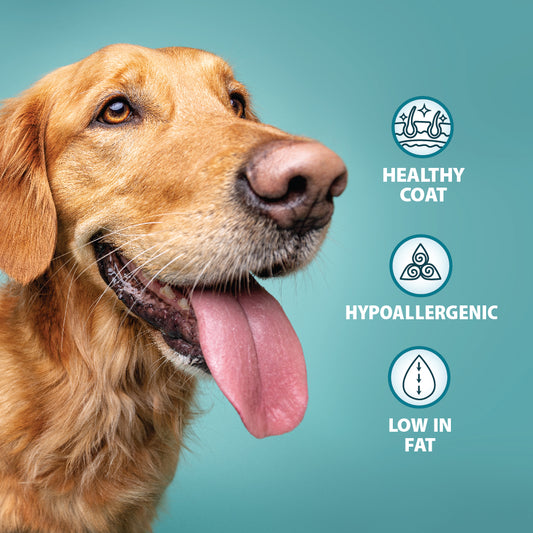
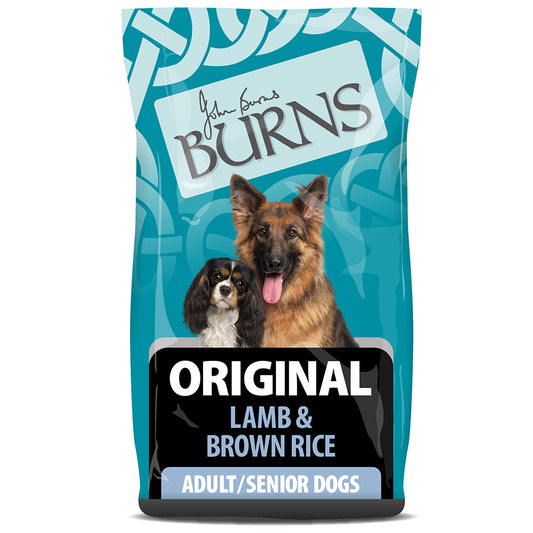
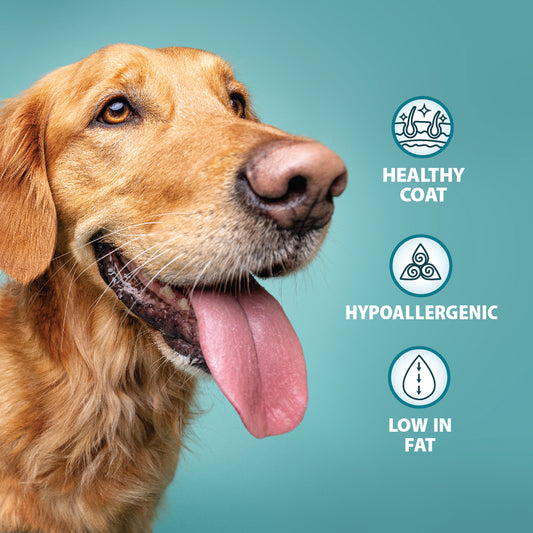


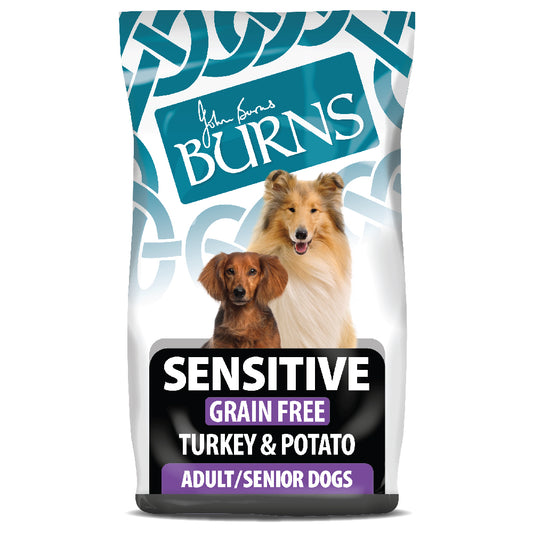
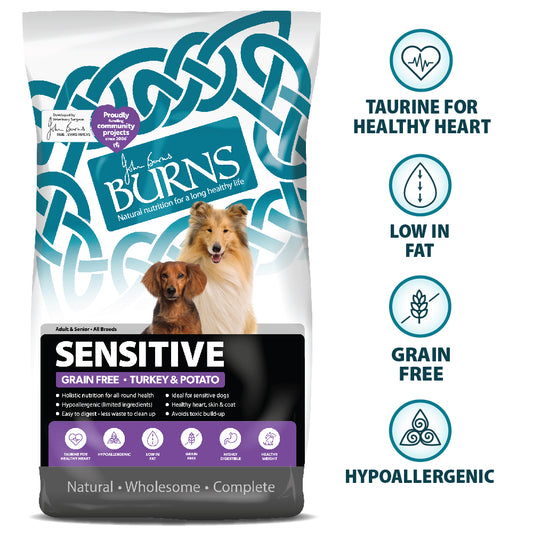
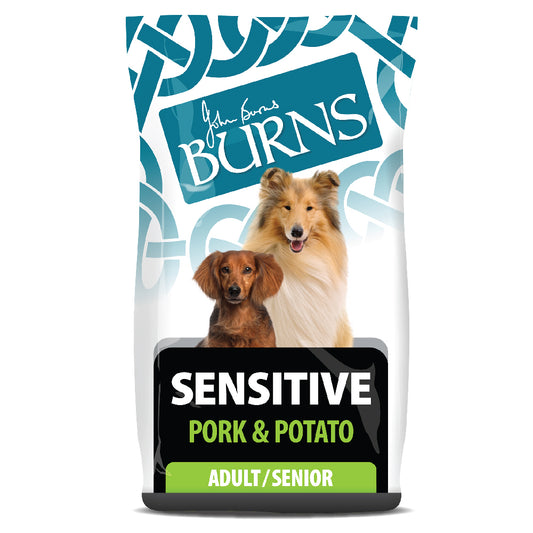
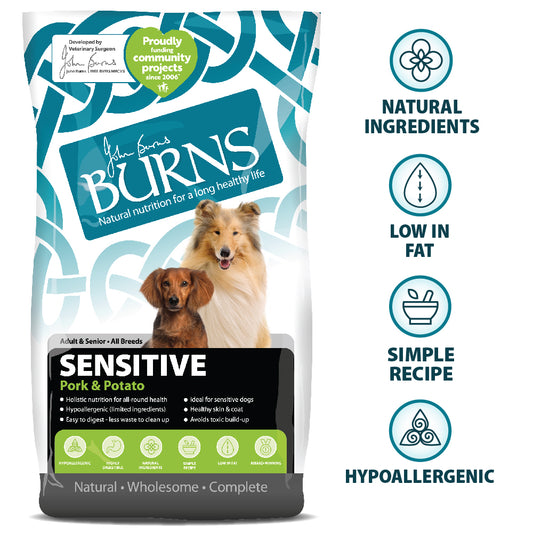
There's plenty more to chew on!

YAKERS DOG CHEWS
We've teamed up with YAKERS to bring you delicious dog chews, made with 100% natural ingredients. They're chewy, long-lasting and perfect for keeping your dog busy and satisfied.

We've teamed up with YAKERS to bring you delicious dog chews, made with 100% natural ingredients. They're chewy, long-lasting and perfect for keeping your dog busy and satisfied.








Keep reading

































































































































